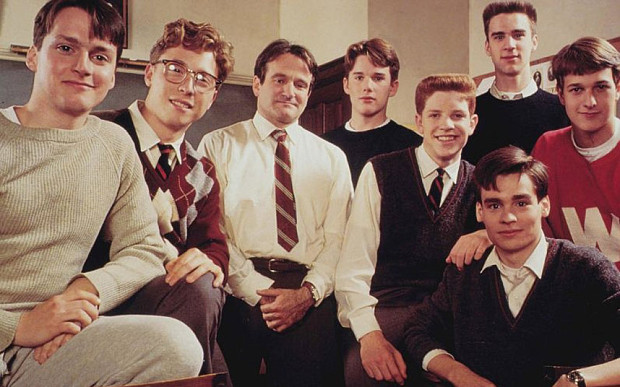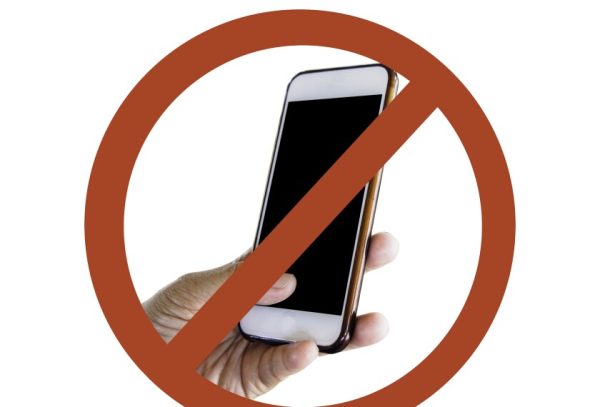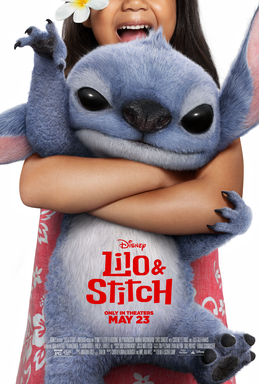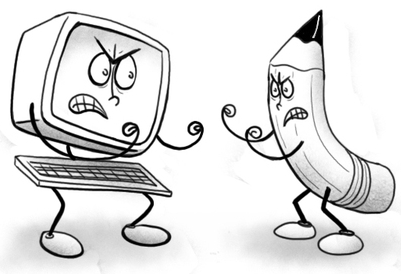It Poetry Dead? – The Eagle’s Cry OP-ED Essay
As a student at BHS, I have found that poetry is often overlooked by high school students and teachers alike. In recent years, novels, plays, and–thanks to the Common Core–nonfiction works have undoubtedly taken precedence over poetry in English classrooms. Very few students choose to explore poetry outside of the school. Some proof: BHS Junior Erin Colon said that she’s “never found poetry interesting,” and senior Stephanie Shamah finds some modern poetry entertaining, but most poetry “puts [her] to sleep.”
The apparent decline of poetry as a popular medium in the 21st Century raises the question: is poetry dead?
Long gone are the days of poetry as a significantly influential mode of cultural, social, and political commentary. Given the endless sources of news and entertainment that are readily available to us, modern teens and adults rarely seek out poetry outside of a classroom setting.
Before the dawn of movies, television, and the internet, poetry was a prevalent means of capturing a time period’s social and political climate. Homer’s “Odyssey”, Valmiki’s “Ramayana”, and many other poems of antiquity hold importance as vehicles of ancient history and tradition. Medieval and Renaissance-era works like Chaucer’s “Canterbury Tales” and Dante’s “Divine Comedy” parallel the satirical social commentary of today’s popular television shows.
Some of America’s most influential poets have rose to prominence during times of political change, one example being Walt Whitman’s emergence as a passionate abolitionist during the pre-Civil War and Civil War eras. Whitman’s work weaves broad themes like equality, compassion, and respect for human life with honest, heart-wrenching accounts of wartime struggle, providing a unique window into American life during this time period. American poetry continued to grow as a politically significant art form well into the 20th. century. In 1920s New York, the Harlem Renaissance cultivated a new generation of African-American voices, one of the most prominent being legendary poet and playwright Langston Hughes. In the 1950s, Beat icon Allen Ginsberg combatted society’s migration to conservative ideals with poetry recognizing misfits, addicts, and derelicts as great minds “destroyed by madness.”
However, with the rise of mass media in the 1960s, 70s, and 80s, poetry was overshadowed as movies, television, and music became the most popular modes of social and political commentary. The relevance of television news broadcasts and the trend of mainstream musicians openly expressing their political beliefs became pivotal cultural milestones during the late 20th. century. The increasing significance of these mediums during movements like the Civil Rights effort and the Vietnam War made it difficult for poetry to gain a large public following as it had in previous eras. Even so, a select few poets of the late 20th. century, such as Maya Angelou, were able to make bold social and political statements through their work while still achieving commercial success.
This brings us to the 21st. Century, where poetry is seemingly absent from the life of the average American. Of any age group, children gain the most exposure as they leaf through the timeless and meaningful verse of Shel Silverstein, Jack Prelutsky, and of course, Dr. Seuss. In contrast, most modern teens and adults prefer novels to poetry, and rarely experience it outside of begrudging classroom encounters with Shakespeare. James Patterson novels, self-help books, and dystopian YA novels fly off the shelves of bookstores nationwide, but modern poets seldom gain mainstream acceptance. Teens and adults who disregard the value of poetry will often deem it pointless or frivolous, suggesting that the mainstream shift away from poetry is a result of more “sensible” pursuits taking priority. In reality, this shift is more likely a result of our generation losing a key critical reading skill: focus.
Websites like Facebook, Twitter, and Instagram have long been the subject of arguments as to whether or not social media detriments our generation’s literacy skills. There is no easy answer to this debate–while some insist that social media encourages our generation to read more often than any other before us, others stress the harm done by copious spelling and grammatical errors in social media posts. In any case, social media undoubtedly allows us to access information in the quickest, most convenient way possible. This convenience has diminished our generation’s ability to analyze and interpret text, a skill that is necessary to appreciate poetry. Internet memes and six-second viral videos do not challenge our ability to focus on complex subject matter for an extended period of time. Our generation does not explore or study, but scrolls through feeds and timelines, liking, favoriting, and jumping aimlessly from page to page. An unwillingness to step outside the boundaries marked by social media draws teens to more straightforward or colloquial prose when they choose to read in their spare time.
Is poetry dead? Not quite. It may be disregarded by the majority of modern young adults, but spoken-word poetry has gained some popularity among a select few high school and college students. While these often emotional performances may eliminate the task of interpreting a writer’s tone and purpose, they still hold value as a bold, exciting way to introduce poetry as an art form. Poetry is also incorporated into high school, middle school, and of course, elementary school curricula. Although it is increasingly difficult to counteract the influence of the internet, teachers must take an active role in keeping poetry alive for future generations. Exposure to poetry both inside and outside of the classroom will catch the attention of avid learners and ensure that the spirit of poetry is preserved as we move towards new technologies and more varied mediums.
Though countless cynics may deem it obsolete, poetry remains a value teaching tool and an effective mode of storytelling, criticism, commentary, and self-expression. Poetry allows us insight into the inner workings of the human mind, sharpens our critical thinking skills, and challenges us to explore new perspectives. In his poem “As I Walk These Broad Majestic Days”, Whitman calls the poet’s visions “the most solid announcements as any”, even in comparison with “solid things” like “Science, ships, politics, cities, [and] factories”. Through poetry, we deepen our understanding of the human psyche and come to terms with our own fears, desires, hopes, and beliefs. The skills attained through studying, writing, and analyzing poetry are integral in our steps towards greater empathy, unity, and self-awareness.







